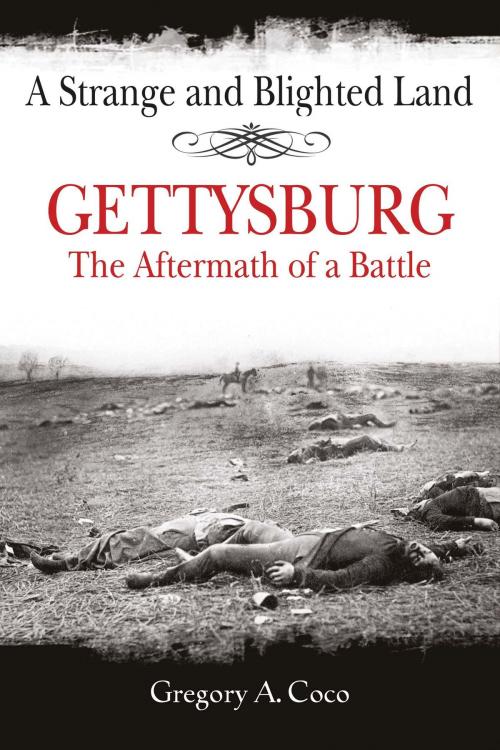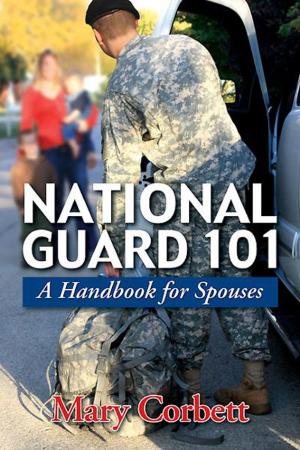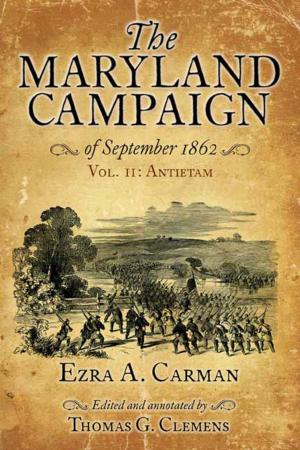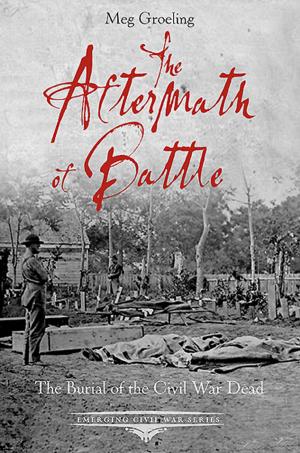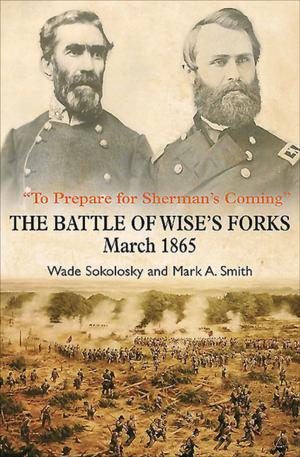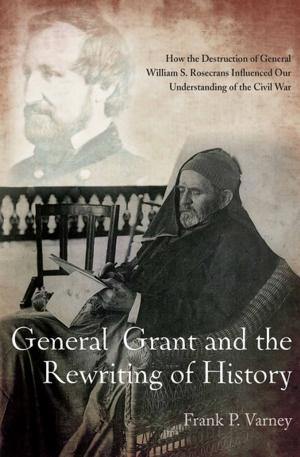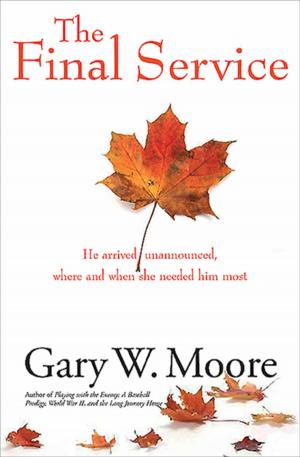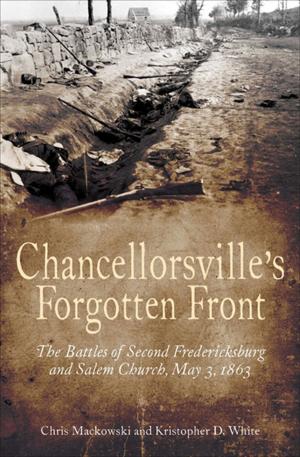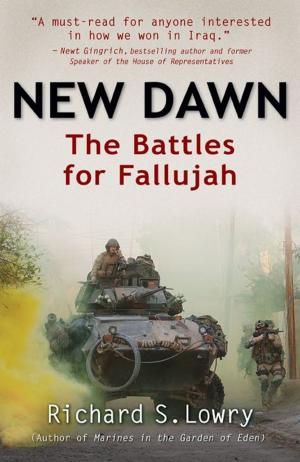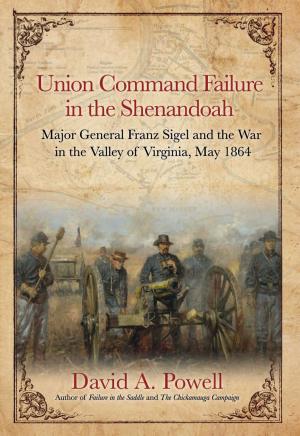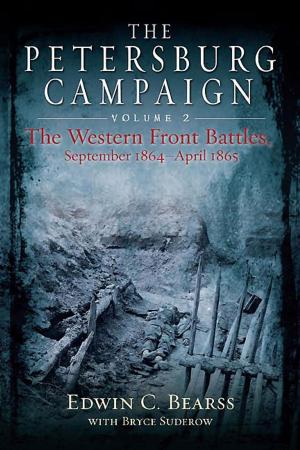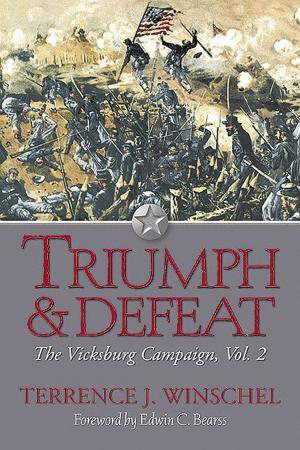A Strange and Blighted Land
Gettysburg: The Aftermath of a Battle
Nonfiction, History, Modern, 19th Century, Americas, United States, Civil War Period (1850-1877), Military| Author: | Gregory Coco | ISBN: | 9781940669786 |
| Publisher: | Savas Beatie | Publication: | March 19, 2018 |
| Imprint: | Savas Beatie | Language: | English |
| Author: | Gregory Coco |
| ISBN: | 9781940669786 |
| Publisher: | Savas Beatie |
| Publication: | March 19, 2018 |
| Imprint: | Savas Beatie |
| Language: | English |
Gettysburg (July 1-3, 1863) was the largest battle fought on the American continent. Remarkably few who study it contemplate what came after the armies marched away. Who would care for the tens of thousands of wounded? What happened to the thousands of dead men, horses, and tons of detritus scattered in every direction? How did the civilians cope with their radically changed lives? Gregory Coco’s A Strange and Blighted Land. Gettysburg: The Aftermath of a Battle offers a comprehensive account of these and other issues.
The late Coco was a park ranger at Gettysburg deeply interested in the battle and what was left in its wake. The Vietnam veteran who wrote well and often about the battle waxes eloquently about the carnage of war, its terrors and pain, its irreplaceable cost in human life and treasure, and the toll it took on the families who lost sons and husbands there.
Arranged in a series of topical chapters, A Strange and Blighted Land begins with a tour of the battlefield, mostly through eyewitness accounts, of the death and destruction littering the sprawling landscape. Once the size and scope is exposed to readers, Coco moves on to discuss the dead of Gettysburg, North and South, how their remains were handled, and how and why the Gettysburg National Cemetery was established. The treatment of the wounded, Union and Confederate, was organized chaos. Every house and barn became of hospital or medical station, and the medical and surgical practices of the day were little short of compassionate torture. The author also discusses at length how prisoners were handled and the fate of the thousands of stragglers and deserters left behind once the armies left before concluding with the preservation efforts that culminated in the establishment of the Gettysburg National Military Park in 1895.
Coco’s prose is gripping, personal, and brutally honest. There is no mistaking where he comes down on the issue: There was nothing pretty or glorious or romantic about a battle—especially once the fighting ended.
Gettysburg (July 1-3, 1863) was the largest battle fought on the American continent. Remarkably few who study it contemplate what came after the armies marched away. Who would care for the tens of thousands of wounded? What happened to the thousands of dead men, horses, and tons of detritus scattered in every direction? How did the civilians cope with their radically changed lives? Gregory Coco’s A Strange and Blighted Land. Gettysburg: The Aftermath of a Battle offers a comprehensive account of these and other issues.
The late Coco was a park ranger at Gettysburg deeply interested in the battle and what was left in its wake. The Vietnam veteran who wrote well and often about the battle waxes eloquently about the carnage of war, its terrors and pain, its irreplaceable cost in human life and treasure, and the toll it took on the families who lost sons and husbands there.
Arranged in a series of topical chapters, A Strange and Blighted Land begins with a tour of the battlefield, mostly through eyewitness accounts, of the death and destruction littering the sprawling landscape. Once the size and scope is exposed to readers, Coco moves on to discuss the dead of Gettysburg, North and South, how their remains were handled, and how and why the Gettysburg National Cemetery was established. The treatment of the wounded, Union and Confederate, was organized chaos. Every house and barn became of hospital or medical station, and the medical and surgical practices of the day were little short of compassionate torture. The author also discusses at length how prisoners were handled and the fate of the thousands of stragglers and deserters left behind once the armies left before concluding with the preservation efforts that culminated in the establishment of the Gettysburg National Military Park in 1895.
Coco’s prose is gripping, personal, and brutally honest. There is no mistaking where he comes down on the issue: There was nothing pretty or glorious or romantic about a battle—especially once the fighting ended.
